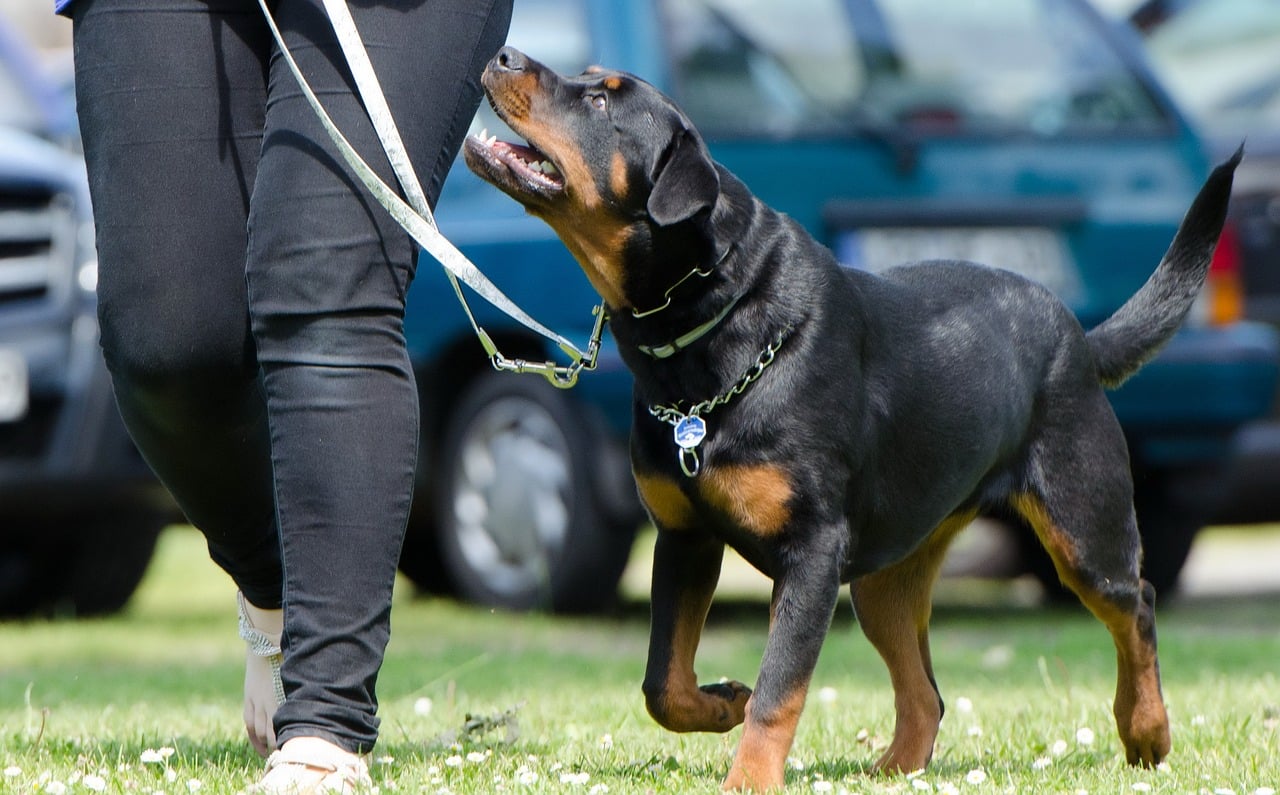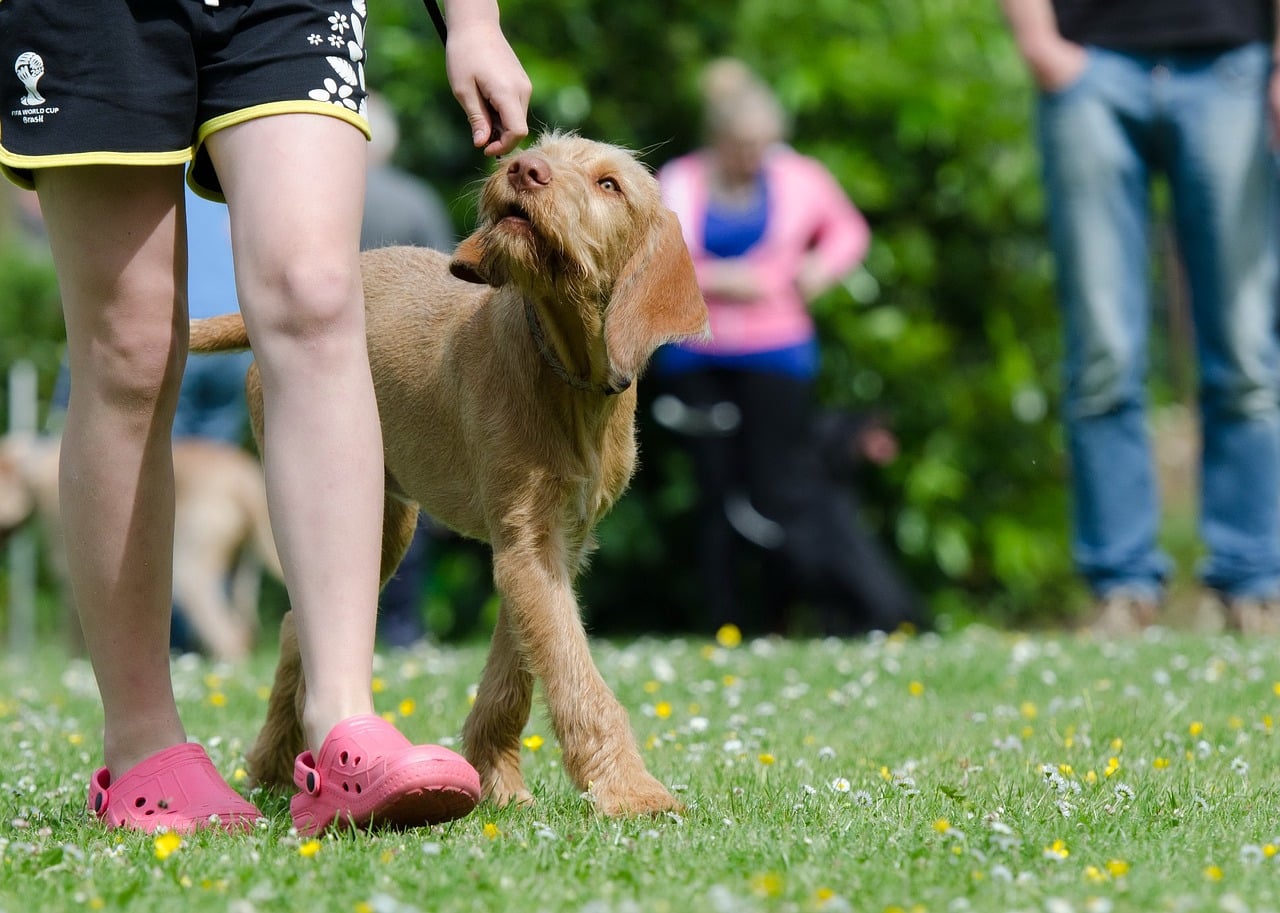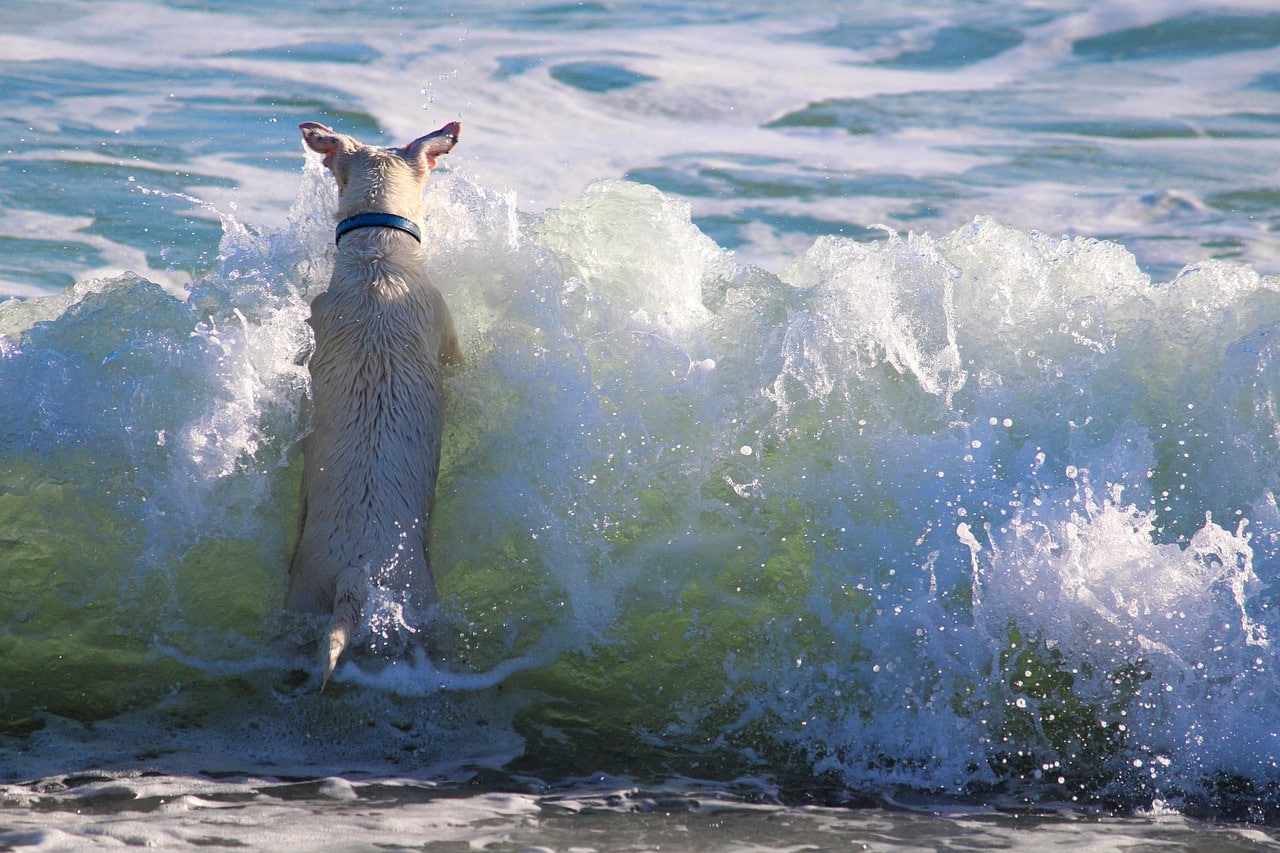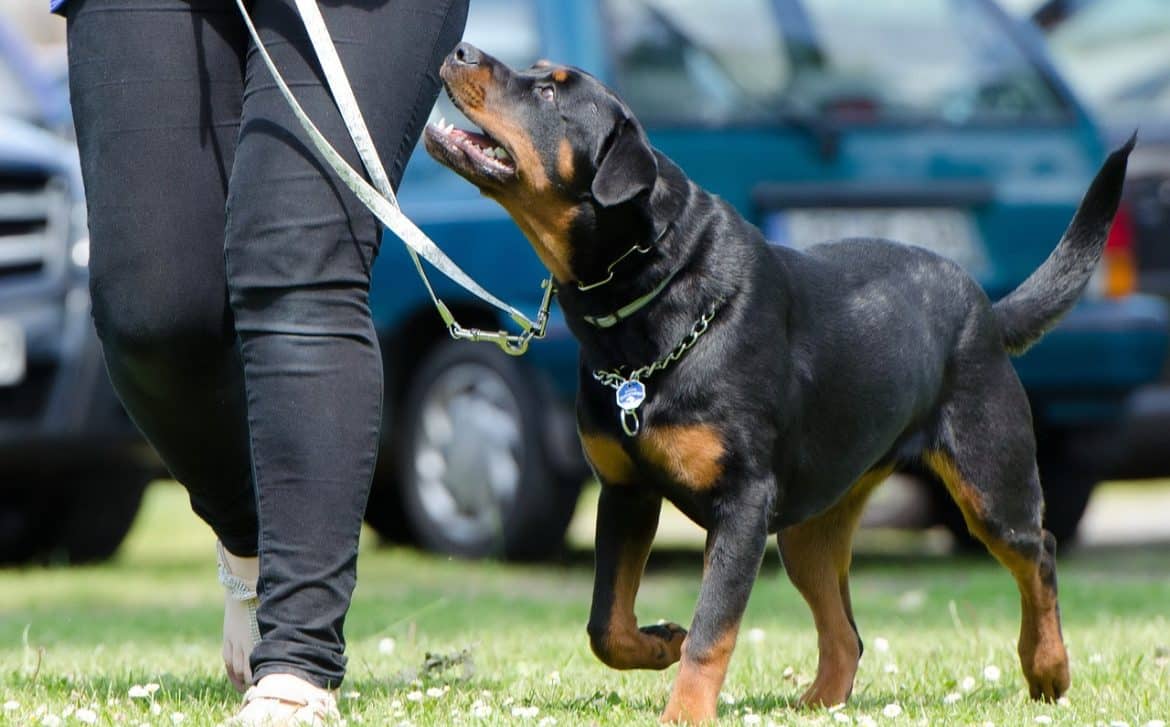Have you ever wondered when your French Bulldog will calm down and settle? Understanding the calming down and settling phase of your furry friend is essential for creating a harmonious living environment. While every dog is different, most French Bulldogs begin to reach a more relaxed state around two to three years of age. During this phase, you may notice a decrease in their puppy-like energy levels and a greater ability to relax and unwind. In this article, we will explore the factors that contribute to this phase and provide tips on how to help your French Bulldog navigate this transition with ease. So, get ready to gain insights into the fascinating world of your French Bulldog's journey towards tranquility!
Understanding the Calming Down and Settling Phase of Your French Bulldog
French Bulldogs are known for their playful and energetic nature, but just like any other dog, they also go through a period of calming down and settling. This phase is an important part of their development and understanding it can help you provide the appropriate care and support for your furry friend. In this article, we will explore what the calming down and settling phase is, why it's important to understand it, how long it typically lasts, and the common behaviors exhibited during this phase.
What is the Calming Down and Settling Phase?
The calming down and settling phase refers to a period in a French Bulldog's life when they start to become less hyperactive and more relaxed. It's a natural progression in their growth where their energy levels begin to stabilize, and they start exhibiting more calm and composed behavior. This phase is often seen in puppies, but it can also occur during different stages of their life as they mature.
Why is it Important to Understand this Phase?
Understanding the calming down and settling phase is crucial for several reasons. Firstly, it allows you to provide appropriate care and guidance to your French Bulldog during this transitional period. By recognizing the signs and behaviors associated with this phase, you can ensure their well-being and address any challenges that may arise. Additionally, understanding this phase can help you set realistic expectations for your dog's behavior and allow you to create a harmonious living environment for both you and your furry companion.
How Long Does the Calming Down and Settling Phase Last?
The duration of the calming down and settling phase can vary from one French Bulldog to another. In general, it starts during the puppyhood stage and continues until they reach adulthood. This can span anywhere from 9 months to 2 years, depending on various factors such as genetics, environment, and individual development. It's essential to remember that every dog is unique, and the length of this phase may differ for each furry friend.
Common Behaviors During this Phase
During the calming down and settling phase, you may notice certain changes in your French Bulldog's behavior. These behaviors are often indicators that they are transitioning into a more relaxed state. Some common behaviors include:
- Decreased Hyperactivity: Your French Bulldog may display fewer signs of excessive energy and become calmer overall.
- Increased Rest and Sleep: They might start taking longer and more frequent naps, showing a greater need for rest and relaxation.
- Reduced Destructive Behavior: Destructive behaviors like chewing or digging may decrease as they become more settled.
- Improved Focus and Attention: Your French Bulldog's ability to concentrate and follow commands may improve as they become less easily distracted.
Understanding these behaviors can help you distinguish between normal developmental changes and potential underlying issues that may require further attention or intervention.
Signs that Your French Bulldog is Calming Down and Settling
As your French Bulldog goes through the calming down and settling phase, there are specific signs you can look out for to determine their progress. These signs indicate that your furry friend is moving towards a more calm and composed state.
Decreased Hyperactivity
One of the primary signs of the calming down and settling phase is a decrease in hyperactivity. You may notice that your French Bulldog is not as energetic as before and displays a more balanced level of activity. They might engage in playtime and exercise, but it will be less intense and frenetic compared to their earlier stages.
Increased Rest and Sleep
Another sign of your French Bulldog entering the calming down and settling phase is an increase in rest and sleep. They may spend more time lying down, napping, and seeking quiet moments of relaxation. It's important to provide them with a comfortable and cozy space where they can unwind and recharge.
Reduced Destructive Behavior
During this phase, you might observe a decrease in destructive behaviors. French Bulldogs can be notorious for chewing, digging, or scratching furniture, but as they become more settled, these behaviors tend to diminish. This is a positive sign that they are developing self-control and learning acceptable behaviors.
Improved Focus and Attention
As your French Bulldog starts to calm down and settle, their ability to focus and pay attention may noticeably improve. They will become more receptive to training and better able to follow commands. This is an encouraging sign that they are maturing and becoming more receptive to learning and guidance.
By recognizing these signs, you can celebrate the progress your French Bulldog is making and provide the necessary support and encouragement to help them through this phase.

This image is property of pixabay.com.
Factors that Influence the Calming Down and Settling Phase
Several factors can influence the length and intensity of the calming down and settling phase. It's important to consider these factors as they can greatly impact your French Bulldog's development and overall well-being.
Age and Developmental Stage
The age and developmental stage of your French Bulldog play a significant role in the calming down and settling phase. Puppies naturally have higher energy levels and can be more hyperactive. As they grow and mature, their energy levels gradually decrease, and they start to exhibit more settled behavior. The phase can last longer in some puppies, while others may transition more quickly.
Genetics and Breed Characteristics
The genetics and breed characteristics of your French Bulldog can also influence how long the calming down and settling phase lasts. Different breeds have varying energy levels and temperaments, and understanding your French Bulldog's specific breed traits can help you better comprehend their behavior patterns.
Exercise and Mental Stimulation
The amount of exercise and mental stimulation your French Bulldog receives can significantly impact their calming down and settling phase. Regular exercise helps to release excess energy, promotes overall well-being, and contributes to a more balanced behavior. Additionally, providing mental stimulation through puzzle toys, interactive games, and training activities can engage their mind and promote a calmer state.
Environment and Routine
The environment and routine in which your French Bulldog lives can also impact their calming down and settling phase. A stable and consistent environment, coupled with a predictable routine, creates a sense of security and helps your dog feel more at ease. A calm and structured living environment can promote the transition into a settled state.
Health and Wellness
The health and overall wellness of your French Bulldog play a crucial role in their behavior and development. Any underlying health issues or discomfort can affect their ability to calm down and settle. Regular veterinary check-ups, a balanced diet, and proper grooming are essential factors in ensuring that your French Bulldog is in optimal health.
Considering these influencing factors can help you create a supportive and nurturing environment for your French Bulldog during their calming down and settling phase.
Ways to Promote a Smooth Calming Down and Settling Phase
Now that you understand the importance of the calming down and settling phase and the factors that influence it, here are some ways to promote a smooth transition for your French Bulldog:
Establish a Consistent Routine
Creating a consistent daily routine is essential for your French Bulldog's overall well-being and adjustment to the calming down and settling phase. Consistency helps them feel secure and provides structure, making them more comfortable and settled. Establish regular meal times, exercise sessions, playtime, and rest periods to create a predictable environment for your furry friend.
Provide Mental Stimulation and Enrichment
Mental stimulation is vital for your French Bulldog's development and helps keep their mind engaged and active. Provide them with puzzle toys, treat-dispensing toys, and interactive games that stimulate their problem-solving skills. Engage them in training sessions to challenge their minds and enhance their focus and obedience.
Ensure Sufficient Exercise
Regular exercise is crucial for your French Bulldog's physical and mental well-being. It helps release pent-up energy, prevent behavioral issues, and promotes a healthier and calmer state of mind. Aim for daily walks, play sessions, or other forms of physical activities that cater to their energy levels and overall health requirements.
Use Positive Reinforcement Training Techniques
Positive reinforcement training techniques are highly effective in promoting desirable behaviors and helping your French Bulldog calm down and settle. Rewarding good behavior with treats, praise, or playtime encourages them to repeat those behaviors. Avoid punishments or harsh training methods that can induce fear or anxiety and hinder their progress.
Create a Relaxing Environment
Ensure that your French Bulldog has a designated space where they can relax and unwind. Provide them with a comfortable bed or crate in a quiet area of your home. Establish a relaxing ambiance by playing soothing music or using calming pheromone products. A serene environment helps your furry friend feel safe and promotes a more settled state.
By implementing these strategies, you can support your French Bulldog's journey into the calming down and settling phase and foster a balanced and well-adjusted companion.

This image is property of pixabay.com.
Challenges and Solutions during the Calming Down and Settling Phase
While the calming down and settling phase is a natural part of a French Bulldog's development, it can come with its own set of challenges. Let's explore some common challenges you may encounter during this phase and potential solutions to address them:
Separation Anxiety
As your French Bulldog becomes more attached to you, they may develop separation anxiety during this phase. This can manifest through excessive barking, destructive behavior, or distress when left alone. To address separation anxiety, gradually accustom your dog to being alone by practicing short periods of separation and gradually increasing the duration. Provide them with interactive toys or treats to keep them occupied and consider consulting a professional dog trainer for tailored guidance.
Transitioning to Alone Time
French Bulldogs are known for their affectionate nature and love to be around their human companions. During the calming down and settling phase, they may struggle with being separated from you for extended periods. Ease this transition by gradually increasing the amount of time they spend alone. Start with short intervals and gradually extend the duration as they become more comfortable. Create a positive association with alone time by leaving them with engaging toys or treats to keep them occupied.
Dealing with Regression
Occasionally, your French Bulldog may exhibit regression during the calming down and settling phase. They may display behaviors that they had previously outgrown, such as accidents indoors or disobedience. Patience and consistency are key when dealing with regression. Revisit their training routines and reinforce positive behaviors. Avoid punishment and focus on redirecting their behavior towards appropriate activities.
Addressing Persistent Hyperactivity
While the calming down and settling phase generally indicates a decrease in hyperactivity, some French Bulldogs may continue to display persistent hyperactive behavior. In such cases, it's important to evaluate whether they are receiving sufficient exercise or mental stimulation. Adjust their exercise routine to include more physically demanding activities or engage them in games that challenge their minds. If the hyperactivity persists, consult with a veterinarian or a professional dog trainer for further guidance.
Seeking Professional Help
If you encounter challenges or concerns during the calming down and settling phase of your French Bulldog and are unsure how to address them, seeking professional help can be beneficial. Here are two avenues you can explore:
Consulting with a Veterinarian
Your veterinarian is a valuable resource when it comes to understanding and addressing your French Bulldog's behavioral changes. They can assess any underlying health issues that may be impacting their behavior and provide appropriate guidance or treatment options. Additionally, they can recommend behaviorists or trainers who specialize in French Bulldogs or can provide insights specific to their breed.
Working with a Professional Dog Trainer
Professional dog trainers have expertise in understanding and guiding dogs through different developmental phases. They can help you develop a training and behavior modification plan tailored to your French Bulldog's specific needs. Look for trainers who have experience working with French Bulldogs or breeds similar in temperament to ensure they have the necessary knowledge to support your furry friend effectively.
Remember, seeking professional help is not a sign of failure but rather a proactive step towards providing the best care and support for your French Bulldog.

This image is property of pixabay.com.
Conclusion
Understanding the calming down and settling phase of your French Bulldog is essential for providing the appropriate care and support during this transitional period. By recognizing the signs and behaviors associated with this phase, you can ensure their well-being and effectively address any challenges that arise. Factors such as age, genetics, exercise, environment, and health play a significant role in influencing this phase. By establishing a consistent routine, providing mental stimulation and enrichment, ensuring sufficient exercise, using positive reinforcement techniques, and creating a relaxing environment, you can promote a smooth transition for your furry friend. If you encounter challenges beyond your expertise, do not hesitate to seek professional help from a veterinarian or a qualified dog trainer. Embrace this phase of your French Bulldog's development as an opportunity to strengthen your bond and create a harmonious living environment for both of you.


